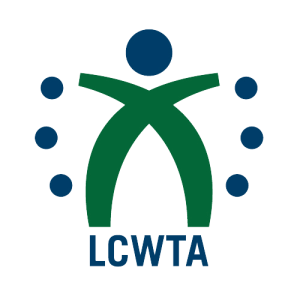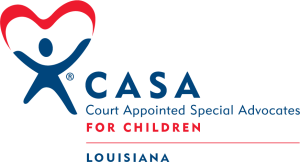Calendar

Parenting is challenging, particularly when you are parenting a child from a hard place. TBRI® Connecting Principles will provide and in-depth look at connection and attachment and will give you strategies and skills for helping children and families heal. This multi-disciplinary training is designed to give caregivers, volunteers, and professionals who serve children and families the knowledge and practical skills they need to bring hope and healing.
This multi-disciplinary training is designed to give caregivers, volunteers, and professionals who serve children and families the knowledge and practical skills they need to bring hope and healing. This live, online training has 4 video-conferencing modules, giving participants the opportunity learn in an interactive environment.
Please Note: Participants must attend TBRI Introduction and Overview prior to attending this training.
Module 1: Introduction and Insight
Learning objectives:
1. Gain knowledge & insight about infant attachment that will build a foundation for awareness of your own attachment history as well as how to build secure connections with children.
Module 2: Attachment (when things go wrong) and Mindfulness Strategies ( May 15)
Learning objectives:
1. Gain knowledge regarding the effects of insecure attachment on the ability to regulate behavior.
2. Gain insight on how our own attachment styles and histories influence the relationships we have with others.
Module 3: Engagement Strategies
Learning objective:
1. Gain strategies and techniques that make it easier to relate to children in the ways they communicate best – non verbally and through playful interaction.
Module 4: Building Trust by Giving Voice
Learning objectives:
1. Gain understanding and compassion regarding the fact that children from hard places often crave control of their environments, which is a product of having no control over their past.
2. Gain strategies that teach children that their words have power and safe adults will listen to their needs.

Child welfare system responses to families experiencing domestic violence (DV) and child maltreatment are based largely on the premise that children need to be rescued from the parent(s) who have “failed to protect” them. This understanding of the problem justifies “solutions” such as surveillance of families and mandated reporting, family separation, and coercive service and treatment plans. Well-documented race, class, and gender inequities are inherent in child welfare and its intersections with the criminal legal system, juvenile justice, immigration, and other systems of carceral control.
Given the history of child welfare and current mindsets and practices, it can be difficult to envision possibilities for transformation toward what many people around the U.S. are calling for – a child and family well-being system in which ALL children and families are valued. Yet some organizations are successfully re-imagining the system landscape and actualizing new ways of seeing, thinking, and doing! In this critical conversation, leaders from Safe & Sound, the Young Women’s Freedom Center, and Futures Without Violence will share their learnings.
Objectives:
This webinar will aim to:
- Energize activists, organizers, and systems actors & leaders to create a bold vision for supporting and empowering families and comm-unities to end family violence.
- Identify active ingredients & critical touchpoints for innovation within the child welfare ecosystem.
- Learn from the histories two long-established organizations who have evolved to meet the needs of impacted people.

Promoting Positive Change in Communities by Confronting Poverty
Louisiana CASA is excited to host our third webinar series. This series is brought to you in partnership with the Louisiana Children’s Trust Fund so we are required to ask participants certain demographic questions during registration. Once you register, an email will be sent to you that includes the link to join the webinar. We hope to see you there!
Child Academic Resilience to Poverty
Child poverty is a global issue, affecting millions of children worldwide. Children in poverty face unique challenges, but with targeted strategies, we can help them develop the resilience needed to thrive academically. Recognizing signs of distress, providing targeted support, and creating safe spaces where children feel valued and respected build in their ability to achieve academic success despite some family dynamics. Join us as we empower children to break free from generational poverty.

Promoting Positive Change in Communities by Confronting Poverty
Louisiana CASA is excited to host our third webinar series. This series is brought to you in partnership with the Louisiana Children’s Trust Fund so we are required to ask participants certain demographic questions during registration. Once you register, an email will be sent to you that includes the link to join the webinar. We hope to see you there!
Navigating Poverty Alleviation: Legislative Insights from Louisiana
Join us for an informative webinar as we delve into the latest legislative developments in Louisiana aimed at combating poverty. Together, we will explore how the Supplemental Poverty Measure (SPM) accounts for government assistance and its impact on poverty reduction, and we will highlight recent recommendations for budget adjustments and fiscal responsibility. The framework of sustained poverty reduction efforts will guide us to chart a path forward in poverty eradication.
